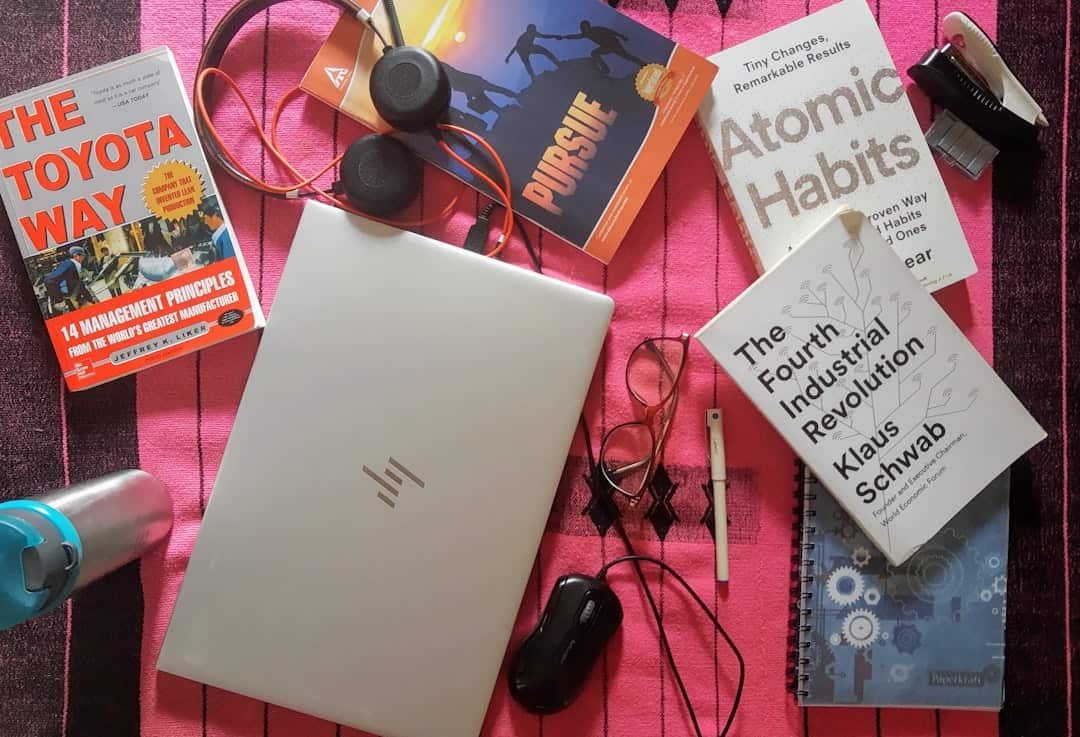Writing an essay is a rewarding experience—but one that requires careful attention to detail, research, and most importantly, originality. Plagiarism is a serious academic offense and can severely damage your reputation and credibility. It's essential to educate yourself on how to avoid it to ensure your work remains ethical and authentic. Let's explore how you can write compelling essays while steering clear of plagiarism.
What is Plagiarism?
Plagiarism involves taking someone else's words, ideas, or work and presenting them as your own without proper attribution. This can be:
- Direct plagiarism – Copying text word-for-word from a source.
- Paraphrased plagiarism – Rewriting someone else's ideas without proper citation.
- Self-plagiarism – Reusing your own previous work without permission or citation.
- Accidental plagiarism – Failing to cite sources correctly due to lack of knowledge or oversight.
Understanding these types helps you take proactive steps to avoid them in your writing journey.
1. Always Cite Your Sources
One of the most fundamental ways to avoid plagiarism is by providing clear and accurate citations. Whether you’re quoting directly or paraphrasing, always give credit to the original author.
Different academic disciplines use different citation styles such as APA, MLA, Chicago, or Harvard. Make sure you know which one is required for your essay and apply it consistently throughout your work.

2. Quote When Necessary
Quoting should be used sparingly but effectively. If a particular sentence or phrase is unique or powerfully stated by the original author, use quotation marks and cite the source.
Example:
“The only thing we have to fear is fear itself” (Roosevelt, 1933).
Be sure not to overuse quotes, as your essay should primarily showcase your own voice and analysis.
3. Paraphrase Correctly
Paraphrasing involves rewriting information in your own words while retaining the original meaning. However, many students fall into the trap of simply changing a few words or reordering sentences. This is still considered plagiarism.
Effective paraphrasing means fully understanding the source, then expressing the idea freshly and uniquely, accompanied by a citation:
Original: “Climate change poses severe threats to biodiversity.”
Paraphrased: According to scientists, ecosystem diversity faces significant risks due to the impacts of climate change (Author, Year).
4. Use Plagiarism Detection Tools
Before submitting your essay, it’s a smart move to run it through plagiarism detection software like Turnitin, Grammarly, or Copyscape. These tools help you identify inadvertent plagiarism and give you a chance to correct any issues.
Remember, these tools aren’t just for checking—use them to learn and improve your citation habits over time.
5. Keep Track of Your Sources
When doing research, it’s important to stay organized. Maintain a detailed list of every book, article, website, or journal you consult during the writing process. This ensures you won’t forget to credit a source later on.
Image not found in postmeta
Use digital tools like Zotero, Mendeley, or even a simple spreadsheet to manage your sources effectively.
6. Understand the Rules of Common Knowledge
Not all information needs to be cited. Common knowledge—facts that are widely known and undisputed—does not require attribution.
Examples:
- The Earth revolves around the Sun.
- Water freezes at 0°C.
However, when in doubt, it’s best to cite—especially if the information isn’t universally known or if it’s debatable.
7. Develop Your Own Voice
Ultimately, your essay should reflect your unique perspective and critical thinking. The more you rely on your interpretation and analysis, the less likely you are to unintentionally plagiarize.
Try to synthesize ideas from different sources and build your own argument around them. This shows deep understanding and academic maturity.
Conclusion
Plagiarism doesn’t have to be a stumbling block in your academic life. With the right skills, habits, and tools, you can produce essays that are both original and insightful. By citing accurately, paraphrasing effectively, and expressing your own ideas confidently, you not only avoid plagiarism but also contribute meaningfully to your field of study. Remember, honesty in your writing is not just about avoiding penalties—it’s about growing as a thinker and communicator.





